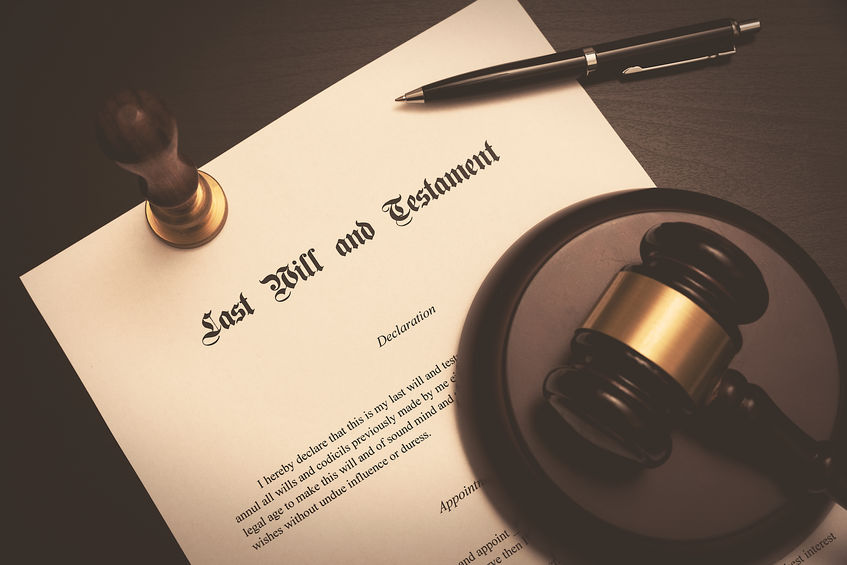What is a Will Contest?
In order to satisfy a proper will contest, certain criteria must be met. A close family member of the deceased cannot simply make a claim to contest a will based on the grounds that he or she feels like they should have received more of a share of the deceased’s estate, or if he or she simply does not agree with the distributions as a whole.
With that being said, a proper will contest must assert legal merit. For example, common objections include diminished capacity at the time the testator signed his or her will, this assertion focuses on the testator’s inability to understand the nature of his or her own actions at the time of signing. Or, another contest can be on the grounds of fraud, this can arise in instances where the will at question was signed by the testator without the testator knowing the contents of the document. For example, when a child hands over a document to his father and misrepresents that the document is a real estate contract instead of his father’s will that he has made changes to.
The will contests listed above could certainly be grounds for invalidating the will, because they have the ability of proving that the will never really represented the desires and wishes of the testator to begin with.
Can a Non-Family Member Contest a Will in Florida?
A will contest involves an individual, such as the decedent’s spouse, child or beneficiary, often times referred to as interested persons. These individuals can raise a claim in court after they have received a Notice of Administration, which notifies the interested persons of the decedent’s death and that the last will and testament has been admitted into probate. In Florida, non-family members may contest a will so long as they are a beneficiary of that will. Therefore, if you are a non-family that maintains no interest in the will at question, you do not have standing to raise objections to potentially in court to potentially invalidate that will.
When can you File a Will Contest in Florida?
A will can only be contested to after the decedent has passed and a Notice of Administration has been received by the interested person. An interested person will then have 90 days after receipt of that notice to file a will contest. However, if formal notice is provided prior to entering the will into probate, the interested person will have just 20 days to make the will contest claim in court.


